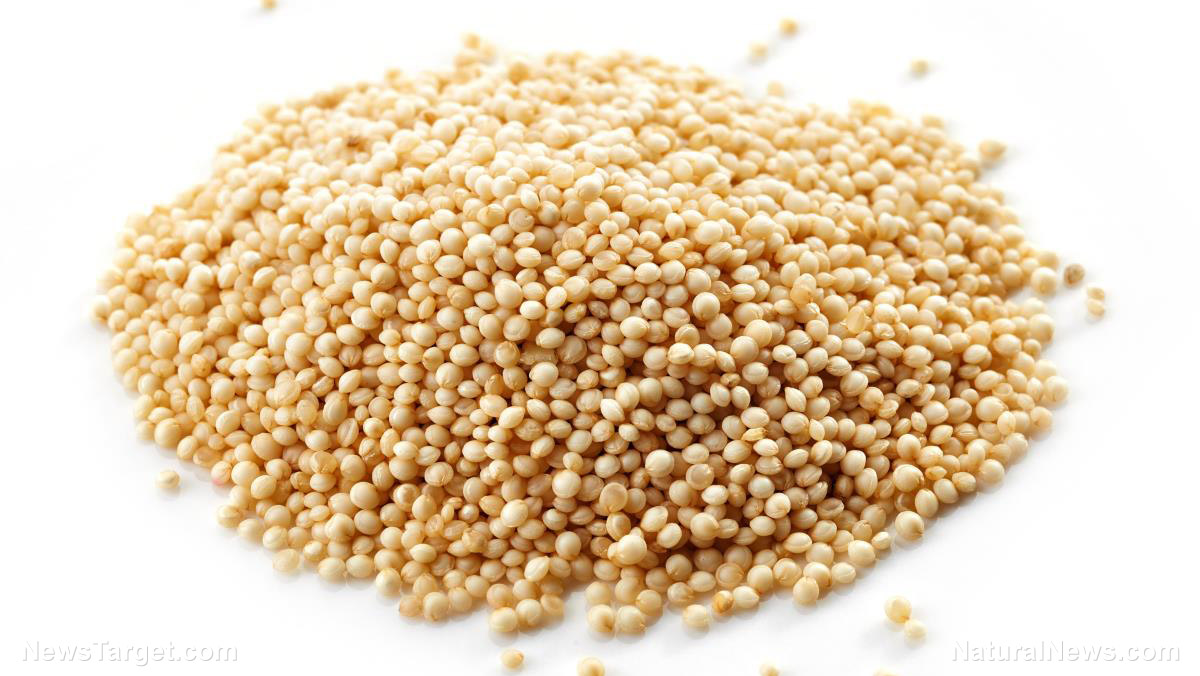This lass asked AI how to slow the aging process. Pretty good answer!
Three Areas
1. Cellular Cleanup and Repair
Autophagy, clearing damaged cells, telomere preservation and mitochondrial health.
Fasting, Redlight Therapy, hyper-nourishing your body with
real nutritients like astragalus and mineral supplements.
2. Nervous System and Hormones
Cortisol ages you markedly so lower your stress, resetting your circadian rythym and bringing back your hormone balance is key. Do the with good sleep, sunlight, no toxic overload and regulating your cycles
3. Belief and Signal
What you believe and intend, you make happen. If you carry the thought that you are getting old, the cells respond accordingly. Flip the script, alter your thoughts and actions to give your body new coding instructions. That is how your epigenetics respond to your environment and inner state.
Regeneration is your default state. You just have to stop interrupting it!
The Realest Anti-aging Formula:
Detox like you mean it.
Flood your body with nutrients and (anti-aging) signals.
Rewire your nevous system.
Stop agreeing with the decay script.
Oils
Foods
Tools
Frequency rituals
Here’s what works to reset your body’s aging clock:
Day 1-7 Cellular Glow Reset
Detox, feed and regrow your body
Step 1 Stop The Damage
Cut alcohol, smoking, seed oils, processed food, sugar, chemical laden skin care. If you can’t go cold turkey, reduce it while flooding your sustem with support.
Step 2 Wake The Body
Start by scraping your tongue
Drink a glass of water with lemon juice and a pinch of sea salt
Either dry brush your body head to toe or bounce on a rebounder to wake your lymphatic system.
Walk barefoot on earth to ground the body.
Step 3 Nourish The Cells
Take a mineral supplement that includes 70-80 trace elements.
Into your diet chlorophyll, greens, add omega 3, flax seed oil, olive oil, hemp seeds, evening primrose oil.
For skin care use rosehip oil, jojoba, frankincense, helichrysum, guasha.
Step 4 Turn On Autophagy
Intermittent fast for 14-18 hours a night.
Take herbs astragalus, turmeric, dandelion root.
Sip herbal teas that support liver, kidneys and blood.
Step 5 Expose the body to red light
Just after sunrise or just prior to sunset are peak times or get yourself a red light belt or panel for face, chest and hands (fastest to regenerate). Best wavelengths for antiaging are 660 mm or 850 mm is best.
Step 6 Harness Rather Than Waste Sexual Energy
Step 7 Change Your Self Talk
Stop telling yourself you are getting old. Tell yourself your body is regenerating. It will.</p>
View the video: https://www.facebook.com/reel/825294243192982







